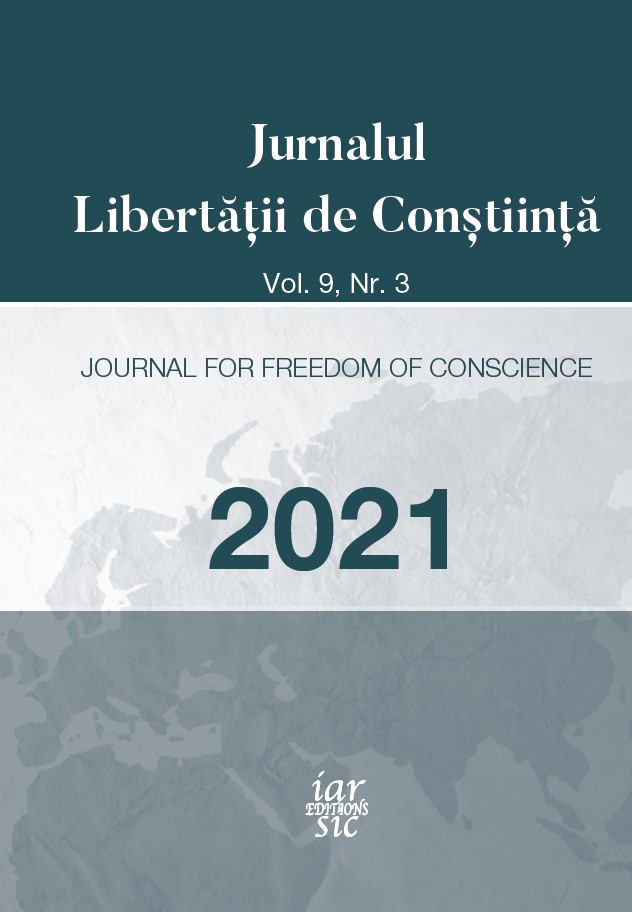THE NATURE OF CHILDHOOD – THE HISTORICAL, CULTURAL AND BIBLICAL PERSPECTIVE
THE NATURE OF CHILDHOOD – THE HISTORICAL, CULTURAL AND BIBLICAL PERSPECTIVE
Author(s): Ramona Simona KiruSubject(s): Sociology of Religion
Published by: Editions IARSIC
Keywords: child; childhood; values;
Summary/Abstract: The child is seen as a smaller and less powerful version of an adult - more dependent, less knowledgeable, less competent, less socially adapted and less capable of emotional control. The weak point of this description is that it is based only on negative terms, drawing attention to children’s weaknesses, without mentioning the vast potential it has for its future development. With all these characteristics, adults have the task of providing support for the child’s difficulties and helping him to acquire everything he lacks and turn them into personal characteristics. It is quite difficult to define childhood without being subjective because one who tries to draw a characterization cannot define it without inevitably expressing something of himself. On a personal level, childhood is built: it is seen in the light of personal experiences and is interpreted so as to fit the vision that has been developed about the world. The constructed nature of childhood becomes even more evident when comparing conceptions of childhood that were prevalent in different historical periods or in different cultures. The way children are perceived varies depending on the many social, economic, political and religious influences that exist at that time and place. When trying to define a child, it cannot be given only in terms of inherent characteristics that necessarily constitute the ingredients from which children are built; it also depends on the nature of society, the beliefs and customs on which that child is raised.
Journal: Jurnalul Libertății de Conștiință
- Issue Year: 9/2021
- Issue No: 3
- Page Range: 427-437
- Page Count: 11
- Language: English

